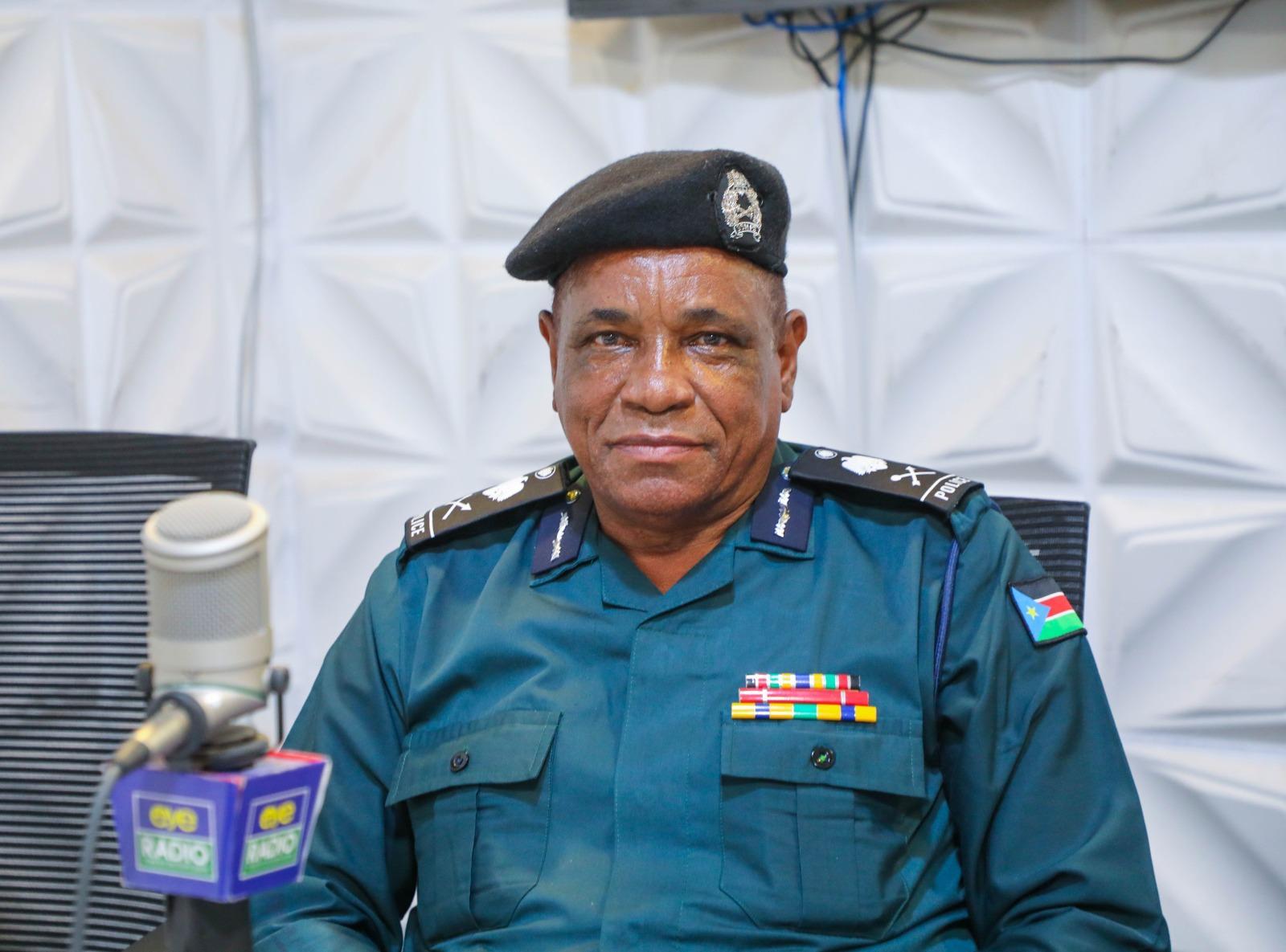Africa-Press – South-Sudan. The Director General of the Directorate of Civil Registry, Nationality, Passports and Immigration says a proposed revenue-sharing plan is being discussed to resolve periodic shortages of passports and national ID booklets, and operational challenges, including expensive electricity costs.
Major General Elia Costa revealed the proposal during an interview on Eye Radio’s Around South Sudan program on Friday.
He said the plan, under discussion between the Ministry of Finance, the National Revenue Authority (NRA), and the company contracted to provide immigration documents, aims to ensure the timely availability of critical identification materials by settling outstanding claims.
“The company owners have cash claims on us as part of the remaining payments,” Costa said.
“If this money is paid, we have an agreement with the Ministry of Finance and the National Revenue Authority that the revenue split will be 50% — 50% goes directly to the company and 50% goes to the government.”
He explained that under the proposed arrangement, if, for example, a passport costs $100, half would go to the government and half to the company to cover production and service costs.
“This is so that we do not have arrears and claims from the Ministry of Finance. The company’s share is deposited into its account,” he added.
Costa clarified, however, that while there is understanding among the parties, no final agreement has been signed yet.
“There is no agreement in force yet, but these are under discussion,” he said.
According to Costa, the company is currently claiming more than $800,000 in unpaid fees for recent maintenance and service provision, including support for critical systems used in the issuance of passports and ID cards.
“Of course, there are more than $800,000 in claims that are part of the costs of computer maintenance services,” he said.
“The company recently carried out maintenance, and the amount was not paid, but currently we are working well with the Ministry of Finance to settle the matter as soon as possible. After that, things will be fine with the company, and we will be able to provide citizenship cards and passports.”
Costa also highlighted broader operational challenges facing the directorate, particularly high electricity costs.
“Our biggest problem in management is the electricity issue,” he said. “
Electricity costs us $600 a day, and it has to be available 24 hours a day. This means that any money we get goes towards electricity costs. This is the biggest challenge we face here, in addition to the delay of nationality cards and passports.”
The Directorate of Immigration has faced periodic shortages of passport booklets and ID cards in recent years, often attributed to logistical and financial constraints.
For More News And Analysis About South-Sudan Follow Africa-Press






